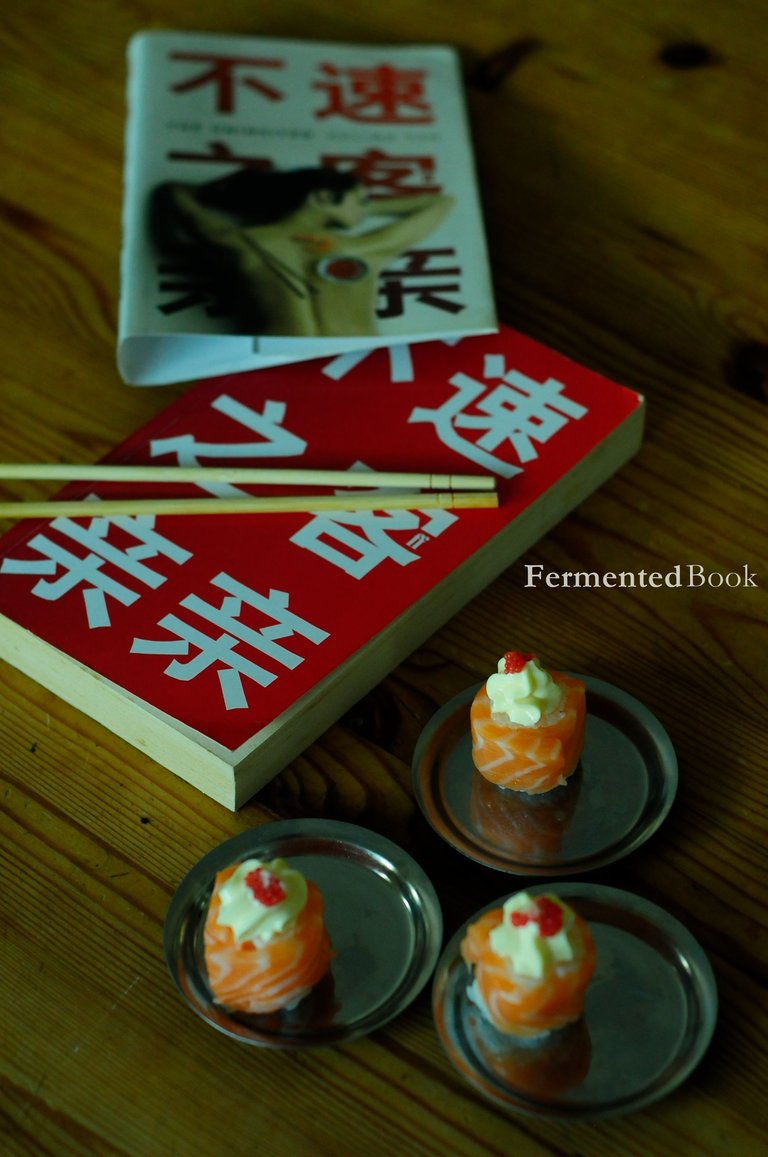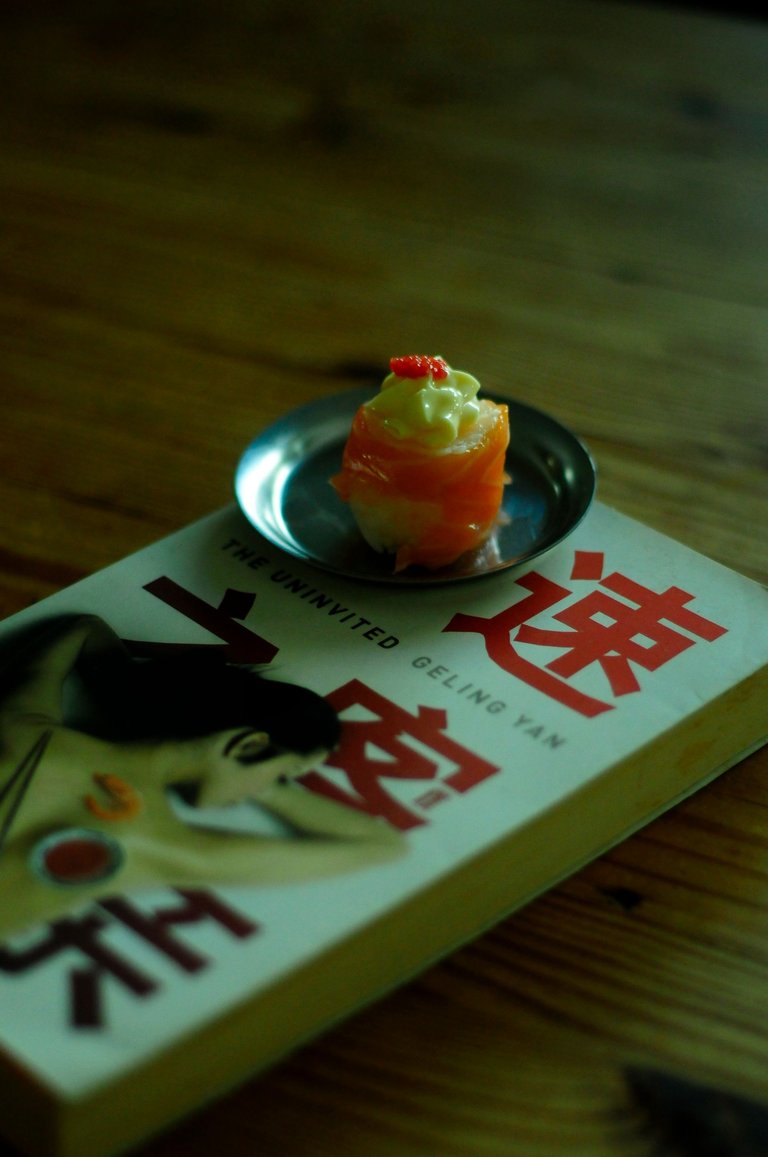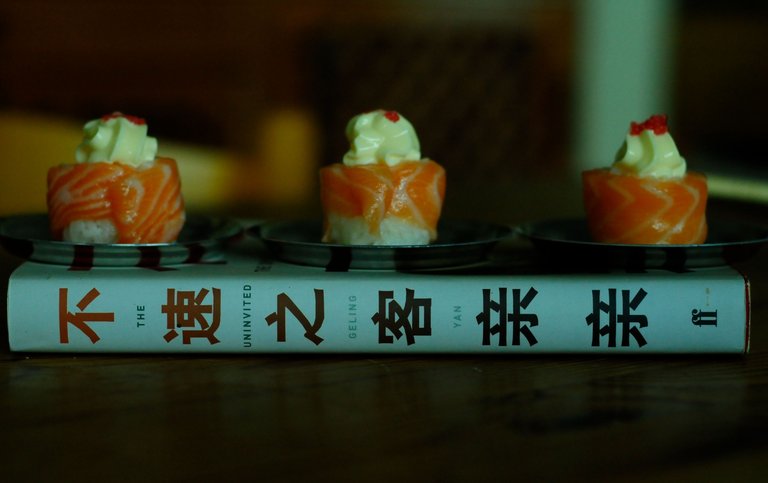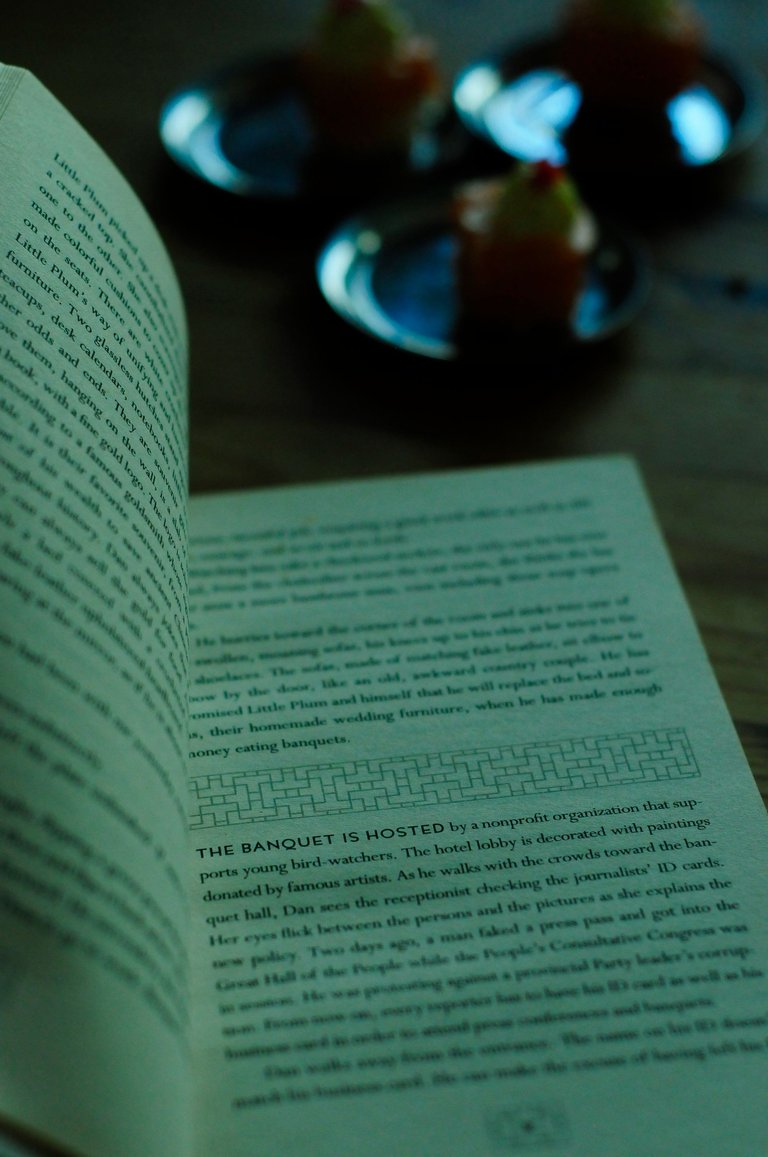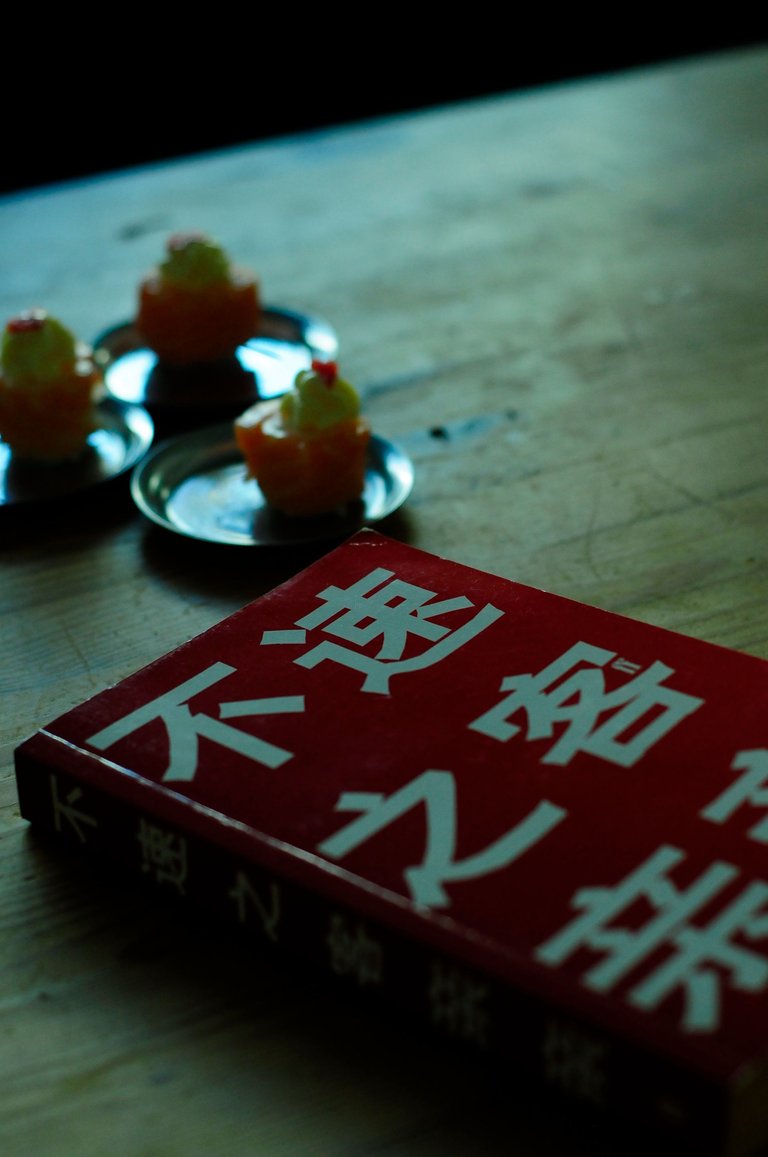Texts are always intertextual, that is, there are hidden gems for those who know the added contextual layer. Intertextual writing is basically the text communicating and being built upon many other texts, without the author (i) explicitly telling us the route one should take to understand the hidden texts, or (ii) that the author is even aware of this process. Writing is subconscious in the sense that we are not always aware of where our ideas come from. The text is never produced in isolation and neither is the text read in isolation.
This makes reading a text considerably more difficult than merely picking it up and reading it. Riding it blindly like this will surely restrict the impact of the work, as many hidden messages will be lost to the reader.
It might sound simple then, but understand the intertextual references and you will be able to understand the work. If this was as simple as this there would be no need for intertextual references!
Approaching a text from the outside can thus be daunting; if the author comes from a totally different lifeworld than the reader, how will her ideas transfer across this sticky boundary?
I began reading Geling Yan's first English novel, The Uninvited, with this in the back of my mind. Ideas and concepts and stories do not easily translate across cultures, even if the author herself wrote the work in English, not her first language.
Only after finishing the novel, did I read more about the author and her situation. While some might hold that the novel or any piece of text should be able to be read in isolation - outside information is not needed to understand the text - others (with whom I agree) hold that there is nothing but outside text or intertext (I think the philosopher Jacques Derrida holds this position).
But I did not have these extra bits of information available to me when I read the book; and what follows is my review of this rather interesting book.
NOTE: This post will contain spoilers, so please do no continue if you want to read the book yourself.
We follow the story of Dan Dong, the main character in the novel. Through some interesting happenings, Dan becomes a type of hero figure in which a lot of people place their faith, not in a religious sense but in a liberatory one. And after reading more about the history of the author herself, this hero figure might resemble her own struggles with (the effects of) censorship.
The book feels like a fever dream and one of the few Amazon.com reviews of the book states that the book feels like magic realism without the magic. This is rather accurate but also not.
The author, in my opinion, struggles a bit with the show don't tell problem, as I felt that she told the story too much rather than showing us the story. But this probably leans into the problem Dan faces at the end: He is told what to report. In the end, the entire book revolves around this last page: we are never sure when we are being lied to or told the truth. And the rather monotonic tone of the book might just actually be helping to reinforce this moment or realisation: Are we being fed the truth or deception?
My own status as the uninvited guest, looking upon Dan's life, might also reinforce this feeling of rigidity in writing. The author herself, writing in English, is also a guest of the English language. Everyone surrounding the story and in the story are uninvited guests; from the prostitute to the artist, from the builder to the reader of the book, we all gaze upon the developing characters in a story (lie) of their own creation.
The story can be summed up in a very short passage. Dan is mistaken for someone else - a journalist -, and he finds out that with this lie, he can get free entrance to banquets serving expensive and luxurious foods. Rather than stop, the lie he spins around this situation (to keep the situation afloat) gets ever more complicated until his end (demise) is the last necessary step: he gets censored by those with more power in their hands.
The book ends rather abruptly, and in reading the last couple of pages, you are guided to this final moment; I saw it coming along for a while. Or let me rather say, I was not entirely surprised by the ending as such.
In the end, the book was a fun read. It gets a bit sluggish in places where the author too heavily relies on telling you the story rather than showing it, as this is what I prefer to read in the end. The consequence of this situation is that the book feels like Dan is doing nothing as such, and he becomes a mere leaf being blown around by invisible forces outside of his control. But again, this is probably the intention of the author who places Dan in this real-life situation, or the fever dream. It feels like the author accomplished this aspect if it was her intention.
Approaching this book from the outside, as an uninvited guest, as someone who does not experience oppression or censorship, it probably gives a lot of smaller details that I missed, but in the end, I felt a rage and an urge to fight against the censorship which Dan merely accepts at the end. And in our modern era where the problems experienced by the characters in this book are also still being felt by so many oppressed peoples, the story reads just as important and impactful as it did when it was published.
I hope that you will read this interesting book and that this review whetted your appetite.
For now, happy reading and keep well!
The Fermented Philosopher's Library
| 🕮 The Book of Malachi | 🕮 The Outsider | 🕮 A Clockwork Orange | 🕮 Perfume |
|---|---|---|---|
| by T.C. Farren | by Stephen King | by Anthony Burgess | by Patrick Suskind |
